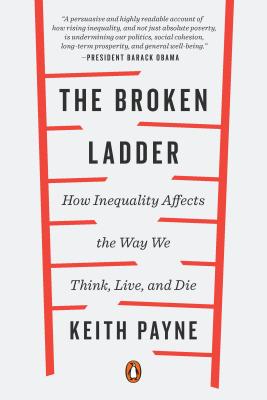Expedite your nonfiction book discovery process with Readara interviews, summaries and recommendations, Broaden your knowledge and gain insights from leading experts and scholars
In-depth, hour-long interviews with notable nonfiction authors, Gain new perspectives and ideas from the writer’s expertise and research, Valuable resource for readers and researchers
Optimize your book discovery process, Four-to eight-page summaries prepared by subject matter experts, Quickly review the book’s central messages and range of content
Books are handpicked covering a wide range of important categories and topics, Selected authors are subject experts, field professionals, or distinguished academics
Our editorial team includes books offering insights, unique views and researched-narratives in categories, Trade shows and book fairs, Book signings and in person author talks,Webinars and online events
Connect with editors and designers,Discover PR & marketing services providers, Source printers and related service providers

The Broken Ladder: How Inequality Affects the Way We Think, Live, and Die
Social Science > Social Classes & Economic Disparity
- Penguin Books
- Paperback
- 9780143128908
- 8.1 X 5.4 X 0.8 inches
- 0.6 pounds
- Social Science > Social Classes & Economic Disparity
- (Single Author) Asian American
- English
Readara.com
Book Description
Brilliant. . . . an important, fascinating read arguing that inequality creates a public health crisis in America. --Nicholas Kristof, New York Times
The Broken Ladder is an important, timely, and beautifully written account of how inequality affects us all. --Adam Alter, New York Times bestselling author of Irresistible and Drunk Tank Pink
A timely examination by a leading scientist of the physical, psychological, and moral effects of inequality.
The levels of inequality in the world today are on a scale that have not been seen in our lifetimes, yet the disparity between rich and poor has ramifications that extend far beyond mere financial means. In The Broken Ladder psychologist Keith Payne examines how inequality divides us not just economically; it also has profound consequences for how we think, how we respond to stress, how our immune systems function, and even how we view moral concepts such as justice and fairness.
Research in psychology, neuroscience, and behavioral economics has not only revealed important new insights into how inequality changes people in predictable ways but also provided a corrective to the flawed view of poverty as being the result of individual character failings. Among modern developed societies, inequality is not primarily a matter of the actual amount of money people have. It is, rather, people's sense of where they stand in relation to others. Feeling poor matters--not just being poor. Regardless of their average incomes, countries or states with greater levels of income inequality have much higher rates of all the social maladies we associate with poverty, including lower than average life expectancies, serious health problems, mental illness, and crime.
The Broken Ladder explores such issues as why women in poor societies often have more children, and why they have them at a younger age; why there is little trust among the working class in the prudence of investing for the future; why people's perception of their social status affects their political beliefs and leads to greater political divisions; how poverty raises stress levels as effectively as actual physical threats; how inequality in the workplace affects performance; and why unequal societies tend to become more religious. Understanding how inequality shapes our world can help us better understand what drives ideological divides, why high inequality makes the middle class feel left behind, and how to disconnect from the endless treadmill of social comparison.
Author Bio
My lab studies how inequality shapes the human mind. We ask questions like: Why do people make more self-defeating decisions when inequality is high? Why does feeling poor sometimes have more powerful effects than actually being poor? Why do people sometimes act in prejudiced ways even when they intend to be fair?
We use the methods of experimental psychology to understand the cognitive and emotional mechanisms behind these pressing social questions. You can learn more about this research in my recent book, The Broken Ladder, from Viking Press.
Source: University of North Carolina
Videos


Community reviews
No Community reviews

